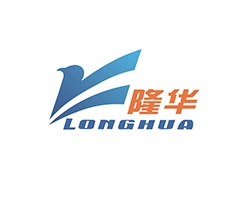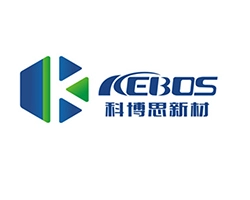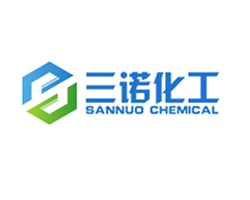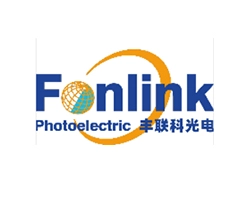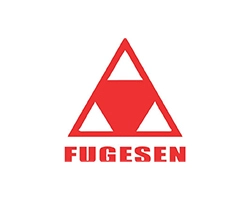In the modern industrial refrigeration field, the efficiency and environmental protection of refrigeration equipment have become important factors that cannot be ignored in corporate operations. Especially in high-energy-consuming industries such as petrochemicals, how to effectively improve cooling efficiency, reduce energy waste, and lower environmental impact has become a key goal of technological innovation. To meet this challenge, hybrid evaporative coolers have emerged, becoming an efficient and energy-saving solution in the refrigeration systems of the petrochemical field.
Working Principle of Hybrid Evaporative Coolers
Hybrid evaporative coolers are an organic combination of three different cooling methods: evaporative cooling, air cooling, and water cooling. They utilize the basic theories of latent heat exchange and sensible heat exchange. Their core innovation lies in the optimized combination of these three cooling methods, allowing the equipment to adjust its operating mode under different environmental conditions, thereby achieving more efficient cooling effects.
During the working process, hybrid evaporative coolers first perform preliminary cooling through the air cooling system, then further cool down using evaporative cooling technology through the heat absorption of water evaporation. During this process, they combine with the water cooling system to optimize heat exchange. Through this combination, hybrid evaporative coolers can maintain stable operating efficiency under various working conditions.
Advantages of Hybrid Evaporative Coolers
High Efficiency and Energy Saving
The combined use of multiple cooling methods in hybrid evaporative cooler greatly improves heat exchange efficiency, reducing energy demand. Their design optimizes the energy utilization of evaporative cooling and water cooling, not only reducing energy consumption but also minimizing water resource waste, achieving significant energy-saving effects.
Water Resource Conservation
The design of hybrid evaporative coolers can improve cooling efficiency while reducing water consumption. By optimizing water circulation and evaporative cooling technology, the equipment can utilize limited water resources more effectively, thereby reducing the demand for water resources and minimizing water waste during the cooling process.
The multiple cooling methods employed by hybrid evaporative coolers not only improve efficiency but also have good environmental performance. By efficiently utilizing natural cooling resources, they reduce reliance on traditional cooling methods (such as compression refrigeration), significantly lowering greenhouse gas emissions and being environmentally friendly.
Stable and Reliable Operation
The structure of hybrid evaporative coolers is stable and reliable, capable of long-term stable operation in various complex environments. Even under harsh operating conditions, the equipment can maintain high cooling efficiency, reducing equipment failure occurrences and ensuring the long-term stability and reliability of the cooling system.
Strong Adaptability
Due to their efficient combination of multiple cooling methods, hybrid evaporative coolers are suitable for various industrial cooling needs, particularly in high-temperature, high-pressure industrial environments such as petrochemicals, metallurgy, and power. Their wide adaptability and excellent performance have made them increasingly favored by enterprises.
Technical Advantages and Innovations
In traditional evaporative cooling systems, the presence of calcium, magnesium ions, and other impurities in water easily leads to scaling issues, which not only affects cooling efficiency but also potentially damages the equipment. To address this problem, hybrid evaporative coolers also adopt electrochemical anti-scaling technology. By interfering with ions in the water through a magnetic field, they prevent scale formation, thereby extending the equipment's lifespan and improving heat exchange efficiency.
Additionally, hybrid evaporative coolers use an automated temperature control system, which automatically adjusts the cooling mode and fan operation based on different environmental conditions, achieving more refined energy efficiency management. This intelligent design enables the equipment to effectively respond to external environmental changes and optimize operating efficiency through a real-time control system, achieving energy-saving and emission-reduction goals.
As a new type of high-efficiency energy-saving equipment, hybrid evaporative coolers provide more efficient and environmentally friendly cooling solutions by combining evaporative cooling, air cooling, and water cooling technologies. Whether in terms of energy saving, consumption reduction, or enhancing equipment stability and operating efficiency, hybrid evaporative coolers exhibit excellent technical advantages. Especially in industries with high cooling demands such as petrochemicals, hybrid evaporative coolers have broad application prospects and are bound to play an increasingly important role in the future industrial cooling field.


 EN
EN
 jp
jp  ko
ko  fr
fr  de
de  es
es  it
it  ru
ru  pt
pt  ar
ar  tr
tr 



